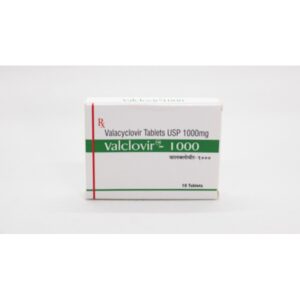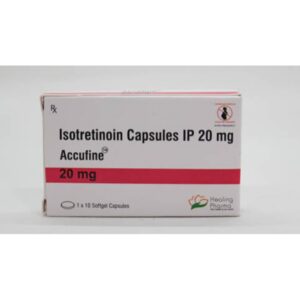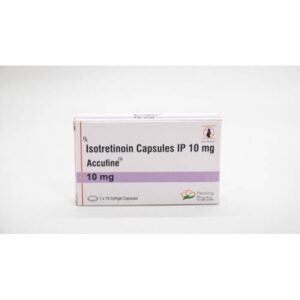Description
Cetirizine 10 mg tablet is an active second-generation histamine H1 inhibitor used in the treatment of various allergic symptoms, and for a condition called allergic rhinitis. Each tablet contains 10 mg of Cetirizine as its active ingredient.
Cetirizine acts by inhibiting H1 receptors competitively and selectively in the gastrointestinal tract, blood vessels and respiratory tract. This is one of the first antihistamines of second generation H1 developed without any sedative effects.
- Drug = Cetirizine
Strength = 10 mg
Contain 250 tablet
Ceticip by Cipla
How To Take
This medicine may be taken with or without food.
Try to take it at the same time each day. It must be taken regularly for it to be effective.
Take exactly as directed by your doctor or according to the instructions on the label. Do not take more or less than instructed by your doctor. Do not stop taking it unless instructed by the doctor.
Dosage of Cetirizine 10 mg
Adult: 10 mg once daily.
Missed Dose of Cetirizine 10 mg
If you often forget to take your medicine, let your doctor and pharmacist know.
Take the missed dose as soon as you remember. If it is almost time for your next dose, skip the missed dose and return to your usual dosing schedule.
Do not double a dose under any circumstances.
Overdose of Cetirizine 10 mg
If you think you may have used Cetirizine more than the usual dose, please seek medical help immediately.
Signs of overdose may include the following:
- Confusion
- Diarrhea
- Dizziness
- Fatigue
- Headache
- Malaise
- Mydriasis
- Pruritus
- Restlessness
- Sedation
- Somnolence
- Stupor
- Tachycardia
- Tremor
- Urinary Retention
Contraindications
People with the following medical conditions should not take Cetirizine:
- Severe renal impairment
Side Effects
Cetirizine may have the following side effects:
- Tachycardia
- Abdominal pain
- Dry mouth
- Nausea
- Diarrhea
- Vomiting
- Fatigue
- Asthenia
- Malaise
- Edema
- Dizziness
- Headache
- Convulsions
- Agitation
- Somnolence
- Aggression
- Confusion
- Depression
- Hallucination
- Insomnia
- Epistaxis
- Bronchospasm
- Pharyngitis
- Rhinitis
- Pruritus
- Rash
- Urticaria
Warnings
Do not take Cetirizine with the following medicines:
- Sedatives
- Tranquilizers
Always notify your doctor and pharmacist if you are taking any other medicines, including herbal tonics such as traditional Chinese medicine, supplements, and medicines that you buy without a prescription.
This list does not include all medicines that may interact with Cetirizine.
How Does It Work?
Cetirizine works by competitively and selectively inhibiting H1 receptors in the gastrointestinal tract, blood vessels, and respiratory tract. It is one of the first second-generation H1 antihistamines formulated without sedating effects.
Uses
Cetirizine is used to treat the following conditions:
- Allergic conditions
Special Precautions and Connected Warnings
Take special precautions if you have the following conditions:
- Spinal cord lesion
- Prostatic hyperplasia
- Epileptic patients
- Patients at risk of convulsions
- Hepatic and mild to moderate renal impairment
- Children
- Pregnancy
- Lactation
- Avoid alcohol
Storage Conditions
- Store between 20-25°C
- Store in a cool, dry place away from the reach of children.
- Do not use Cetirizine that is expired or out of date.






